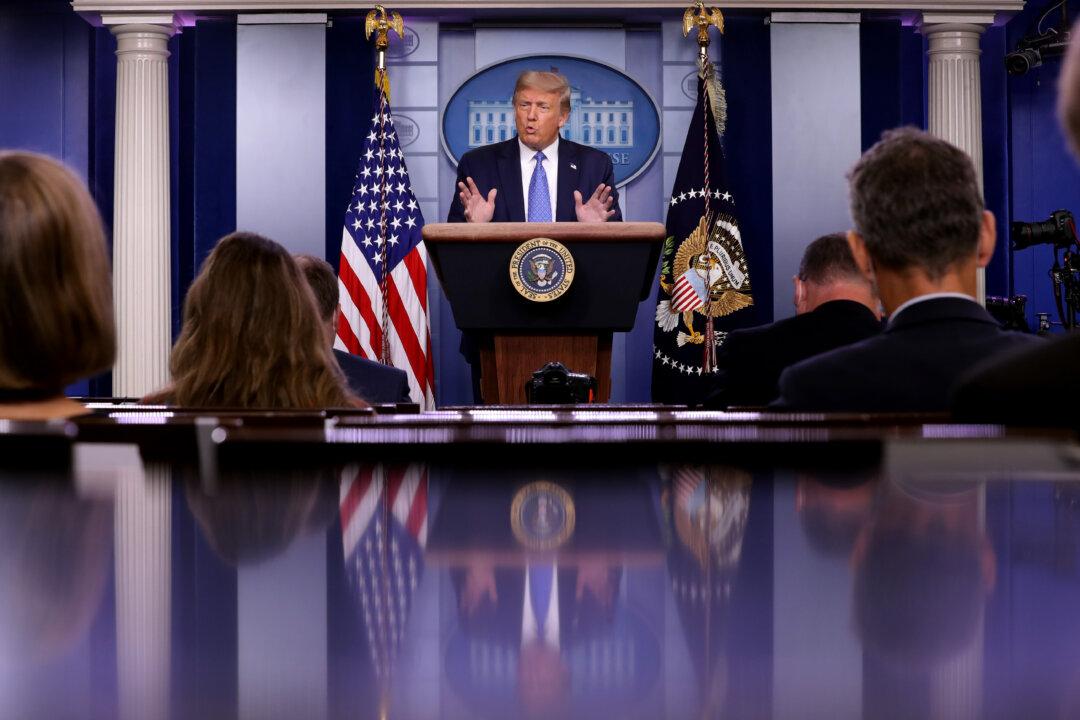President Donald Trump left open the possibility that more Chinese missions would be forced to close after the administration ordered the Chinese consulate in Houston to shut down.
Trump, at a Wednesday CCP virus press conference, said “it’s always possible” further Chinese diplomatic outposts would be ordered to close. The State Department said earlier the Chinese mission in Houston was closed “to protect American intellectual property and Americans’ private information.”





